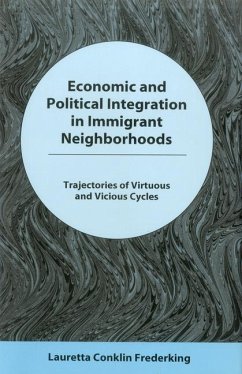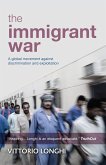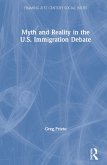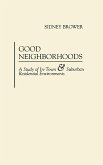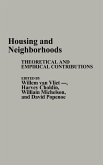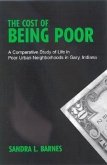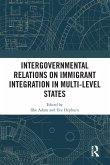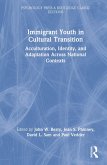Understanding why culture becomes an integral part of economic and political activities remains a central puzzle in social sciences. This study analyzes different patterns of community organization, develops a theoretical explanation for the contrasting patterns and empirically addresses when and how social bonds are a source of economic success and political integration. The substantive focus of this book is immigrant communities and how they organize politically and economically. Through interviews, survey data, and observation, it is an empirical study of two Indian communities in three countries - India, Britain, and the U.S. Beyond analyzing the variation across immigrant groups, the author explains why these different patterns of organization emerge by tracing the communities from point of origin in the home country, to the place of settlement in the host countries.

